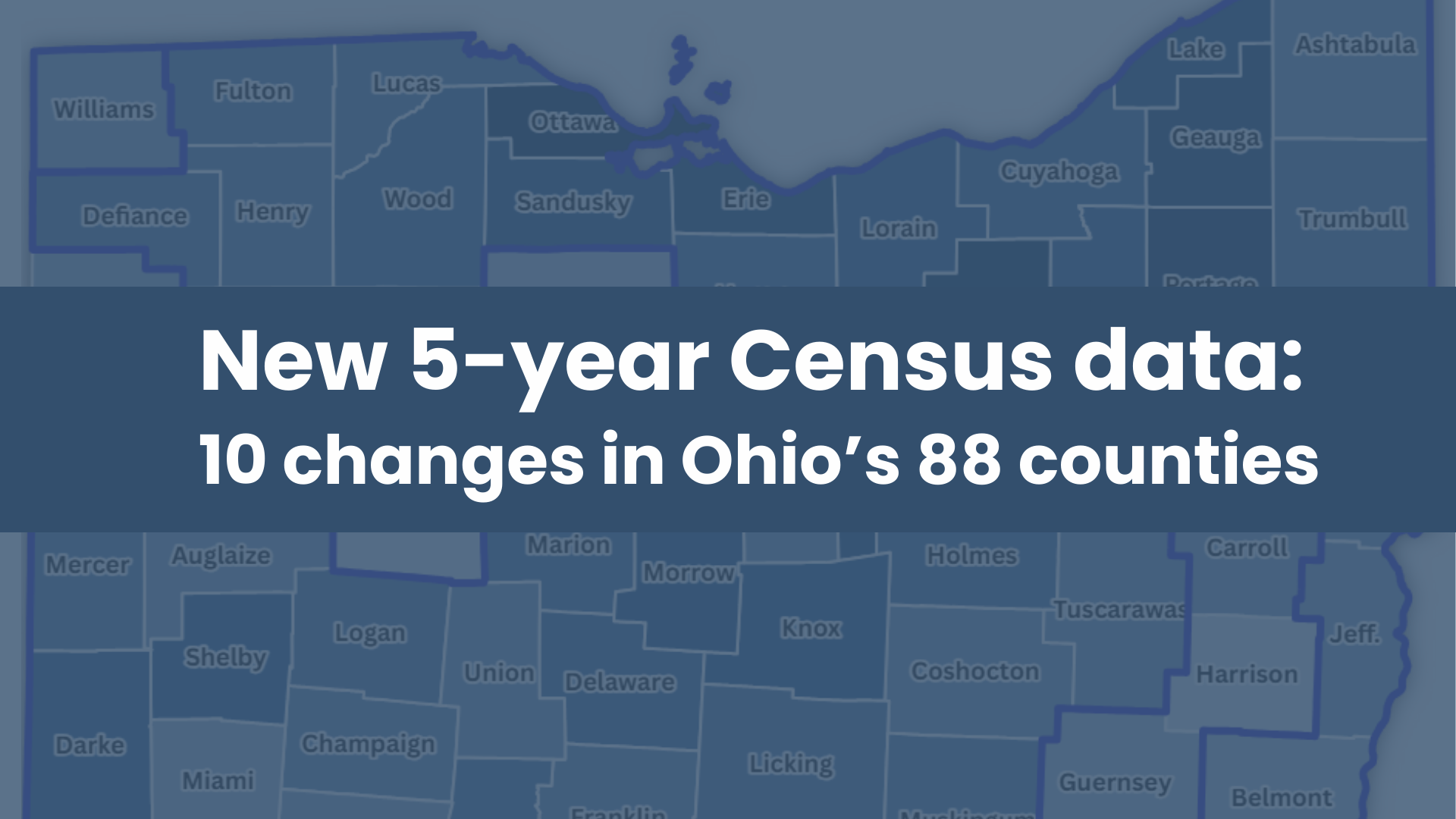I have had several job titles since I started working at 15: lifeguard, swim coach, cashier, development associate, program manager, research fellow, director of research, to name a few. As I reflect on the good jobs and those that were not so good, it’s a combination of attributes that make the job good. For me, a good job is one where I feel valued, trusted and get along with my colleagues. We found similar results in research The Center for Community Solutions conducted for The Women’s Fund of Central Ohio.
The Women’s Fund published a research report on wealth building of women in Central Ohio in early 2025. The comprehensive report Making Women Wealthy and Free includes analysis on what women need to build wealth, the barriers they face and what happens when they achieve wealth. Included in the analysis is an examination of what makes work precarious or not, and the impacts of being engaged in precarious work.
What is precarious work?
To conduct the research, Community Solutions engaged over 3,000 women living in Central Ohio to share their experiences, frustrations, and success related to wealth. As we honor and recognize workers throughout the country each Labor Day, it’s important to consider that some jobs are better than others and it is within society’s ability to create better jobs. Let’s take a closer look at employment of women in Central Ohio, particularly those who are engaged in precarious employment.
Precarious work is “defined as uncertain, unstable and insecure work in which workers—as opposed to businesses or the government—bear the risks associated with work and receive limited social benefits and statutory protections.”
For this analysis, work was considered precarious if any of the following items were selected by the women who completed a survey designed for this research project:
- I am treated like I am replaceable
- I am worried about losing my job
- I am not offered a consistent number of work hours each week
- I might get fired if I don’t meet strict quotas
Being undervalued, constantly worried about job stability and having an inconsistent schedule has affects both the financial and emotional well-being of women.
Work environment and quality of work are a huge influence on women’s wealth
Results indicated 36%, more than a third of women surveyed were employed in precarious work. Compared to their peers in non-precarious employment, these women experience significantly worse job satisfaction, more inflexible jobs and earn less money.
Being undervalued, constantly worried about job stability and having an inconsistent schedule has affects both the financial and emotional well-being of women.
In a measure of psychological stress, over half of the women who indicated high levels of stress were employed in precarious positions. The stress from work carries over into other aspects of life and creates barriers that prevent women from building wealth. Our research shows it is the quality of work and the work environment, not merely having work, that influences a woman’s ability to build wealth and improve their financial circumstance. As we consider the importance of women in the labor force, it is imperative to consider the impact of the labor on the woman.
Read more about precarious work in the full report on wealth building among women.







